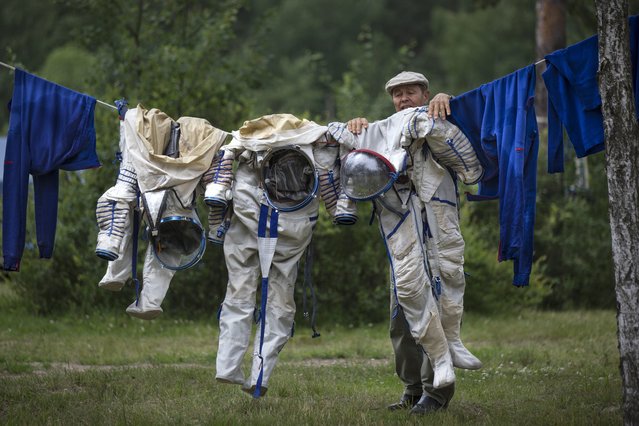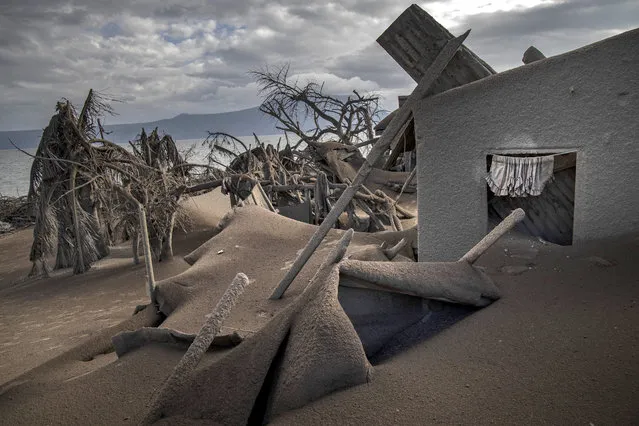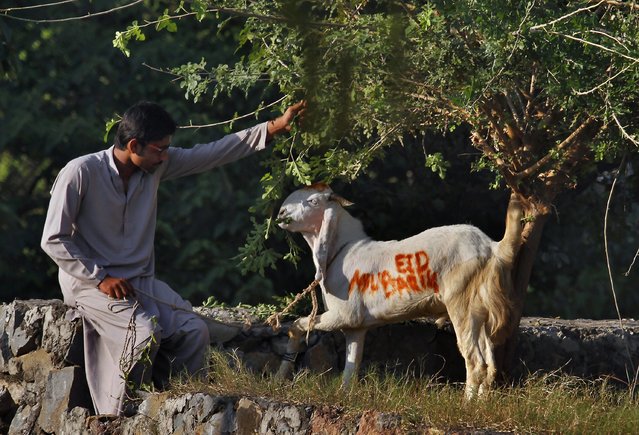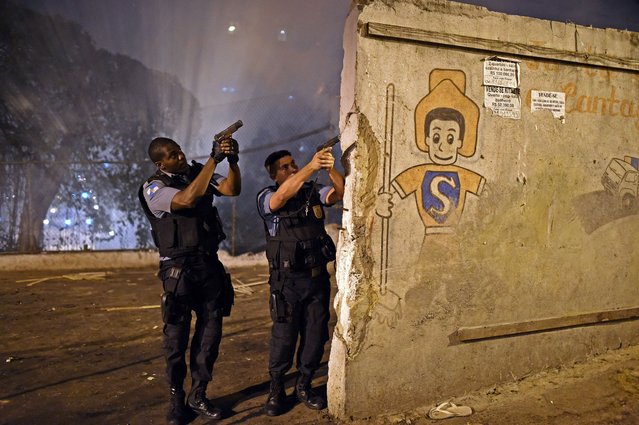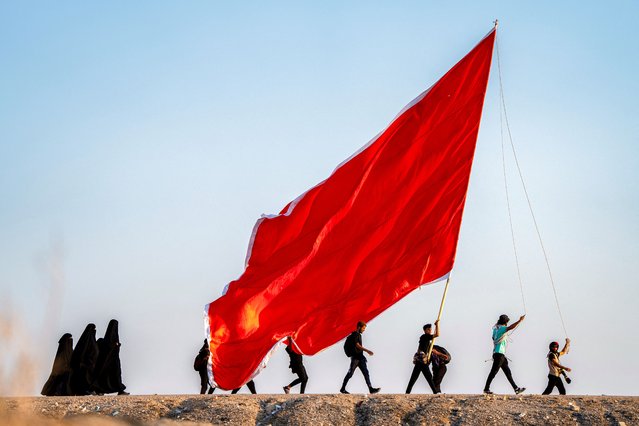
Shiite Muslim pilgrims march with banners towards the shrine city of Karbala ahead of the Arbaeen commemorations that mark the end of the 40-day mourning period for the seventh century killing of the Prophet Mohamed's grandson Imam Hussein ibn Ali, in the city of Nasiriyah in Iraq's southern Dhi Qar province on August 14, 2024. (Photo by Asaad Niazi/AFP Photo)
14 Sep 2024 03:08:00,post received
0 comments

